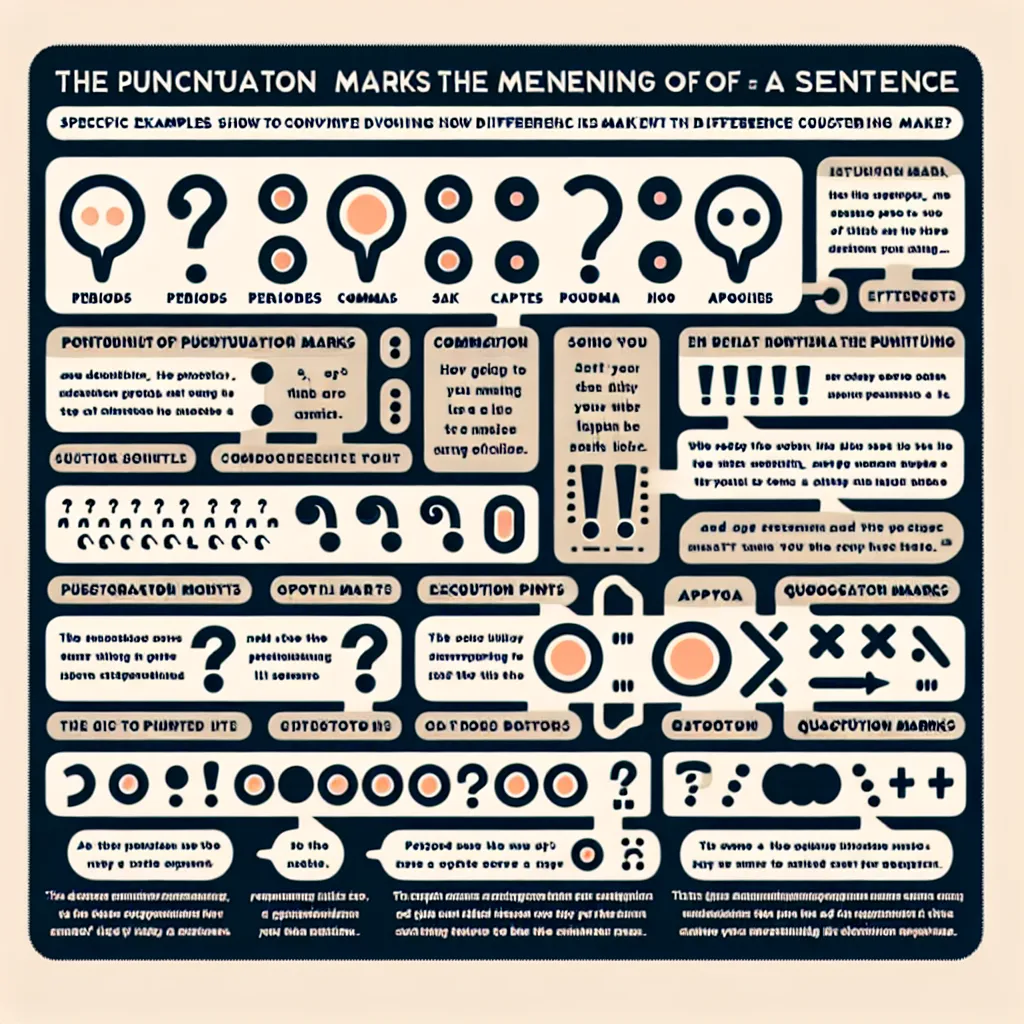Are you looking to take your English grammar skills to the next level? Whether you’re preparing for an important exam like IELTS or simply aiming to enhance your overall language proficiency, mastering advanced grammar is crucial. In this comprehensive guide, we’ll explore effective strategies and provide valuable insights to help you navigate the complexities of English grammar with confidence.
Understanding the Importance of Advanced Grammar
Advanced grammar skills are essential for achieving fluency and accuracy in English. They enable you to express complex ideas clearly, avoid common mistakes, and communicate effectively in various professional and academic contexts. By mastering advanced grammar, you’ll be better equipped to:
- Write compelling essays and reports
- Deliver persuasive presentations
- Engage in sophisticated conversations
- Excel in standardized language tests
 Advanced Grammar Importance
Advanced Grammar Importance
The Role of Advanced Grammar in IELTS Success
For IELTS test-takers, advanced grammar knowledge is particularly crucial. The IELTS exam assesses your ability to use a wide range of grammatical structures accurately and appropriately. A strong command of advanced grammar can significantly boost your scores across all sections of the test, especially in Writing and Speaking.
Key Strategies for Mastering Advanced Grammar
1. Immerse Yourself in Authentic Materials
One of the most effective ways to improve your advanced grammar skills is through extensive exposure to authentic English content. Consider the following resources:
- Academic journals and research papers
- Classic literature and contemporary novels
- High-quality news articles from reputable sources
- TED Talks and academic lectures
By regularly engaging with these materials, you’ll naturally absorb complex grammatical structures and learn how they’re used in context.
2. Analyze and Deconstruct Complex Sentences
When you encounter sophisticated sentences in your reading, take the time to break them down and understand their structure. Pay attention to:
- Clause types (independent, dependent, relative)
- Sentence patterns (simple, compound, complex, compound-complex)
- Advanced punctuation usage (semicolons, colons, dashes)
For example, consider this complex sentence:
“While many factors contribute to language acquisition, research suggests that consistent exposure to native speakers, coupled with deliberate practice, can significantly accelerate the learning process.”
Analyze how the different clauses work together and how the punctuation enhances the sentence’s clarity and flow.
3. Master Advanced Tenses and Aspects
English has a rich system of tenses and aspects that allow for nuanced expression of time and action. Focus on mastering these advanced structures:
- Perfect continuous tenses (e.g., “I had been studying for three hours when you called.”)
- Future perfect and future perfect continuous (e.g., “By next year, I will have been working here for a decade.”)
- Subjunctive mood (e.g., “If I were you, I would reconsider that decision.”)
Practice using these forms in context to fully grasp their subtleties and appropriate usage.
 Advanced Tenses Practice
Advanced Tenses Practice
4. Expand Your Knowledge of Conditional Structures
Advanced conditional structures allow for more sophisticated expression of hypothetical situations and complex cause-and-effect relationships. Study and practice:
- Mixed conditionals (e.g., “If I had studied harder, I would be in a better position now.”)
- Inverted conditionals (e.g., “Were I to win the lottery, I would donate a significant portion to charity.”)
- Conditional structures with modal verbs (e.g., “Had you arrived earlier, you might have met the CEO.”)
5. Utilize Advanced Grammar Resources
Invest in high-quality grammar resources specifically designed for advanced learners. Some recommended options include:
- “Advanced Grammar in Use” by Martin Hewings
- “Practical English Usage” by Michael Swan
- “The Cambridge Grammar of the English Language” by Rodney Huddleston and Geoffrey K. Pullum
These comprehensive guides offer in-depth explanations and exercises to help you master complex grammatical concepts.
For more information on advanced grammar resources, check out our guide on advanced grammar for educational materials.
6. Practice with Advanced Writing Exercises
Regularly engage in writing exercises that challenge you to use advanced grammatical structures. Try:
- Paraphrasing complex academic texts
- Writing formal letters and reports
- Composing argumentative essays on sophisticated topics
Seek feedback from native speakers or qualified teachers to identify areas for improvement and refine your usage of advanced grammar.
Common Pitfalls to Avoid
As you work on enhancing your advanced grammar skills, be aware of these common challenges:
- Overcomplicating sentences: While it’s important to use complex structures, clarity should always be your primary goal.
- Misusing formal language: Ensure you understand the appropriate contexts for using highly formal or academic language.
- Neglecting parallel structure: Maintain consistency in the grammatical form of elements in a list or series.
- Incorrect pronoun usage: Pay careful attention to pronoun-antecedent agreement and clarity.
For more tips on avoiding advanced grammar mistakes, visit our article on advanced pronoun usage tips.
Next Steps: Putting Your Skills into Practice
Now that you’ve learned about various strategies for mastering advanced grammar, it’s time to put your knowledge into practice:
- Set specific goals for improvement, such as mastering one advanced grammar concept each week.
- Create a study schedule that incorporates regular practice with authentic materials and targeted exercises.
- Seek out opportunities to use your advanced grammar skills in real-life situations, such as academic discussions or professional correspondence.
- Consider joining a language exchange program or finding a study partner to practice advanced structures in conversation.
- Regularly review and reflect on your progress, adjusting your study methods as needed.
Remember, mastering advanced grammar is a gradual process that requires consistent effort and patience. By following these tips and maintaining a dedicated approach to your studies, you’ll be well on your way to achieving superior English language proficiency.
For those preparing for international communication in professional settings, our guide on advanced grammar for international communication offers additional insights tailored to global business contexts.
We encourage you to share your experiences and questions in the comments below. What advanced grammar concepts do you find most challenging? Which strategies have been most effective in your learning journey? Your insights could be invaluable to fellow language learners striving for excellence in English grammar.




